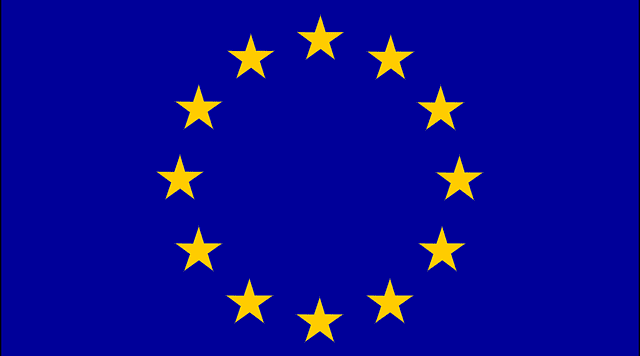The EU Passes Article 13
The European Union plans on fixing the way copyright works on the internet, and Article 13 has something to do with it. Despite the overwhelming protests against it, The European Parliament has voted in favor of Article 13. Here’s what you need to know.

What is Article 13? Background Information
Article 13 puts all online content under the microscope and imposes copyright laws on the internet. Proposed by the European Union Directive on Copyright, the Article was designed to expand legal liability for websites. Some restrictions also apply to content, but the internet is still currently free of regulations. The passing of Article 13 would make it difficult to freely access and distribute content online. While it might not be a big of a deal for most people, some actually think that darker days are upon them.
Article 13 is problematic because it’s controversial. If passed, it can completely change the dynamics in which we share content online. As a matter of fact, it holds major social media platforms responsible for unlicensed user-uploaded copyrighted material. This is some of what the Article states: “online content sharing service providers and right holders shall cooperate in good faith in order to ensure that unauthorized protected works or other subject matter are not available on their services.”
The EU Passes Article 13
EU Politicians have finally passed Article 13 following a final vote in the European Parliament. This decision came after years of ongoing negotiations and debates. Significant changes are about to hit the internet in terms of online copyright across the European Union. Change is good, but in this case, it’s not easy for our fellow EU internet users. As a matter of fact, the changes have proved to be controversial. Critics were well, critical of two parts of the law, Article 11 and 13.
Article 13 Supporters – Who Voted in Favour?
Those who voted in favor of the Directive are industry bodies representing content producers. Article 13 supporters are mainly prominent figures who want to protect their online material. The music industry is one heck of a supporter. Many influencers in the music industry like Sir Paul McCartney and CEOs Michael Dugher have rallied behind the Article. They have every reason to believe that YouTube is a major source of economic loss for artists worldwide. That is not entirely false. Having such an article like that passed and implemented will only provide legal protection via copyright laws to these artists. It will, in turn, generate a competitive and creativity harvesting environment. Set in motion, Article 13 will ensure digital musical services develop and grow in the best way possible.
Supporters
Here’s a list of those who publicly declared their support for the Directive:
- The Society of Authors
- UK-based Alliance for Intellectual Property and Proponents
- European music and media organizations
- Universal Music Group and Waner Music Group
- Axel Voss, German MEP and member of the European People’s Party.
- Mary Honeyball, a British Labour MEP
Opposers
Now, here’s a list of those who failed to warn against the determinantal impact the article will have on the internet:
- eBay
- Amazon
- Netflix
- Wikipedia founder Jimmy Wales and Tim Berners-Lee
- YouTube
- CEO Susan Wojcicki
- Julia Reda, an MEP, and member of the Pirate Party Germany
In a Few Words – Consequences
So, major platforms must now monitor, filter, limit, and even in some cases remove in what manner copyrighted content is being shared online. The worse thing about this article is that it might be the reason behind the banning of memes later on. In brief, The Directive on Copyright puts these online platforms and sites at fault in case of copyright infringements.
Platforms’ Situation – What Is Youtube Going to Do About It?
Although Platforms like Youtube must remove copyrighted content, they are currently not responsible for copyright violations. According to the Proponents of the Directive on Copyright, online users are making use of content that is not licensed for distribution. These people are listening to, watching, and reading copyrighted material without the creators being properly paid for it.
The EU Passes Article 13 – Final Words
In the aims of combating copyright infringements, Article 13 was passed designed and passed Although it is only just a part of the Directive on Copyright in the digital Single Market, it’s the most controversial. The European Union Directive on Copyright in the Digital Single Market forces the likes of YouTube to pay extra attention for content being shared illegally on their platforms. Despite the passing of Article 13, each country in the EU will have to individually implement the new law. So, it’s no surprise that the article will harm online creators and developers. YouTube the greatest opponents to Article 13 better watch out. The article is coming for it.





